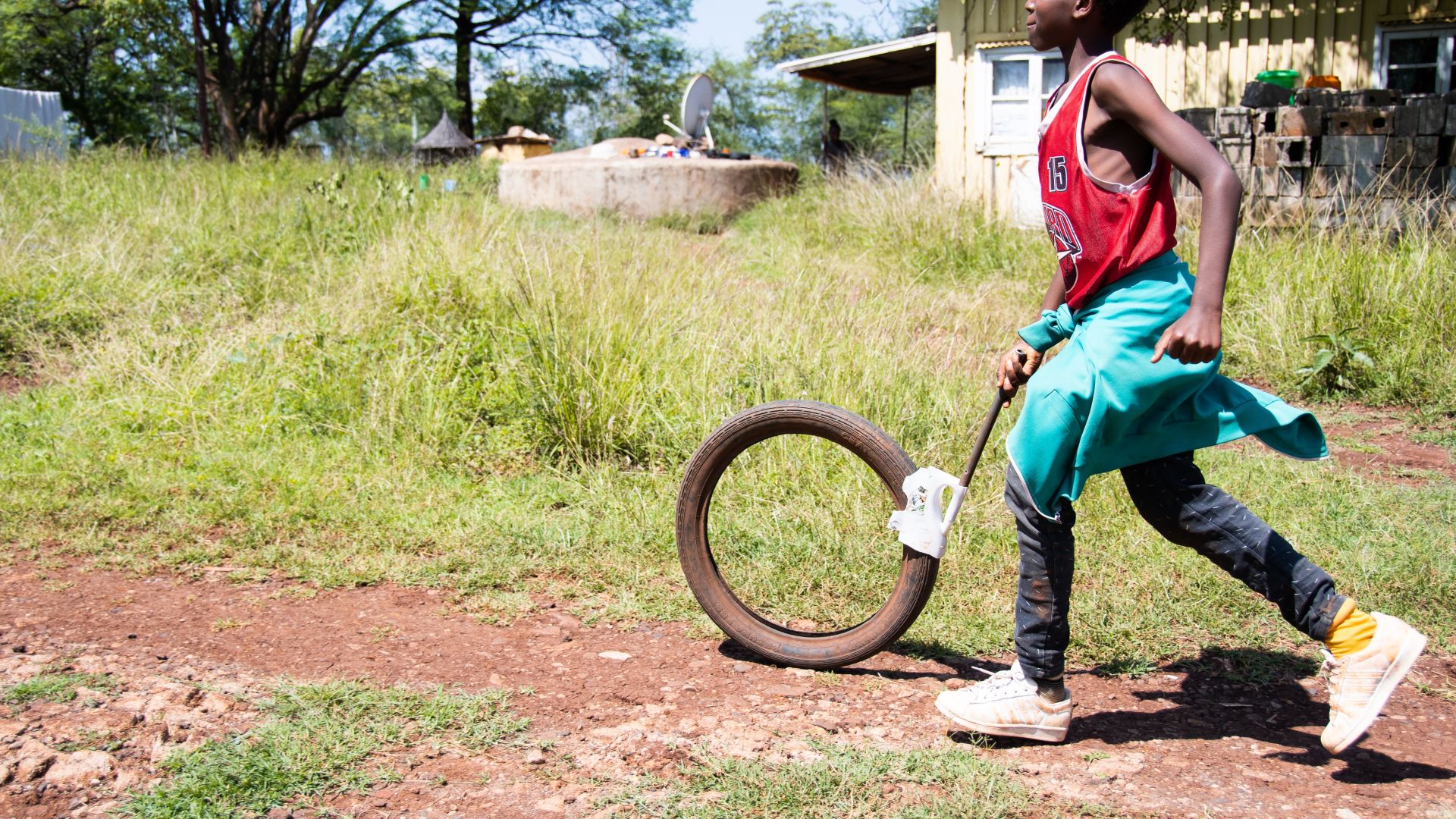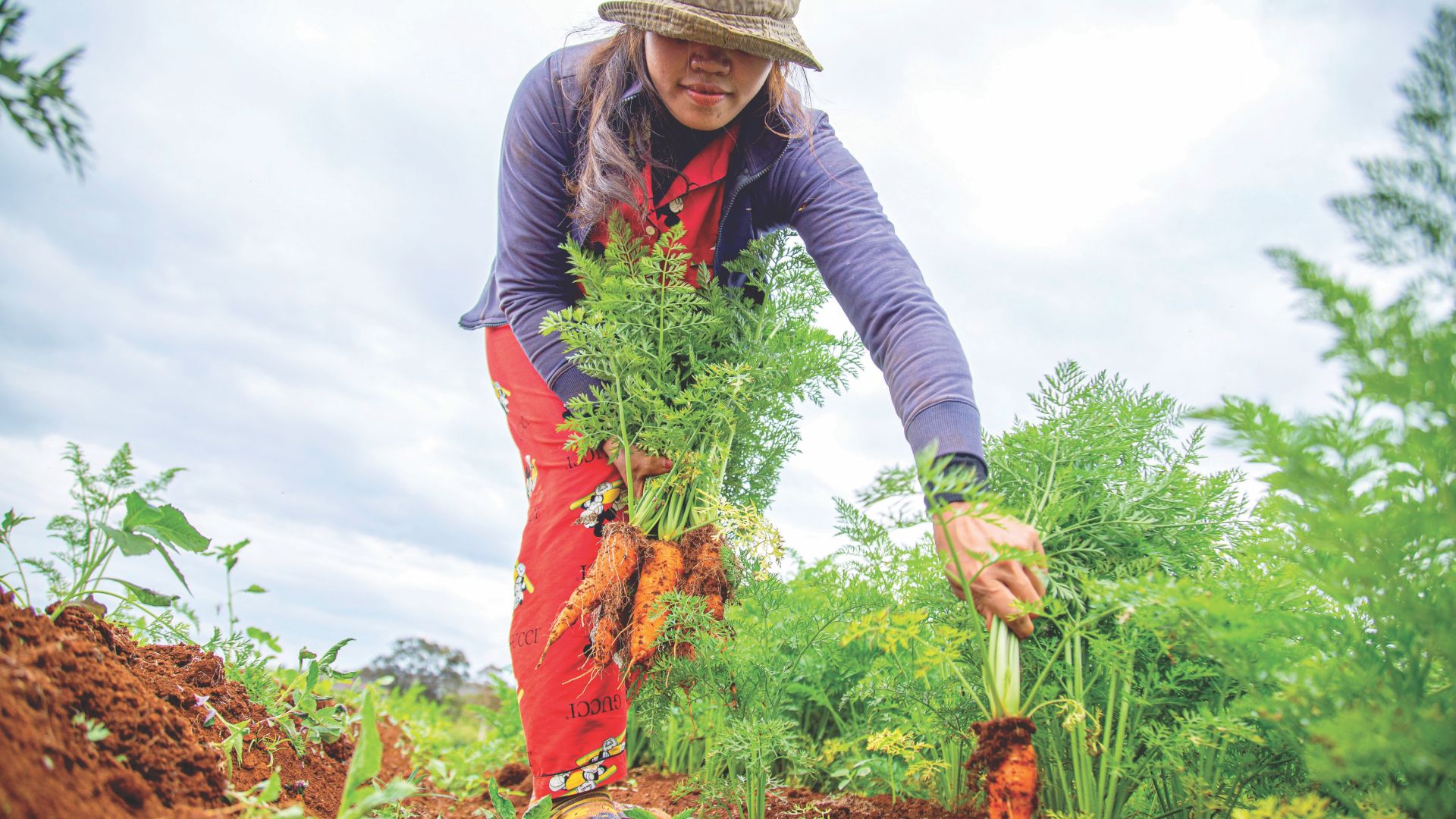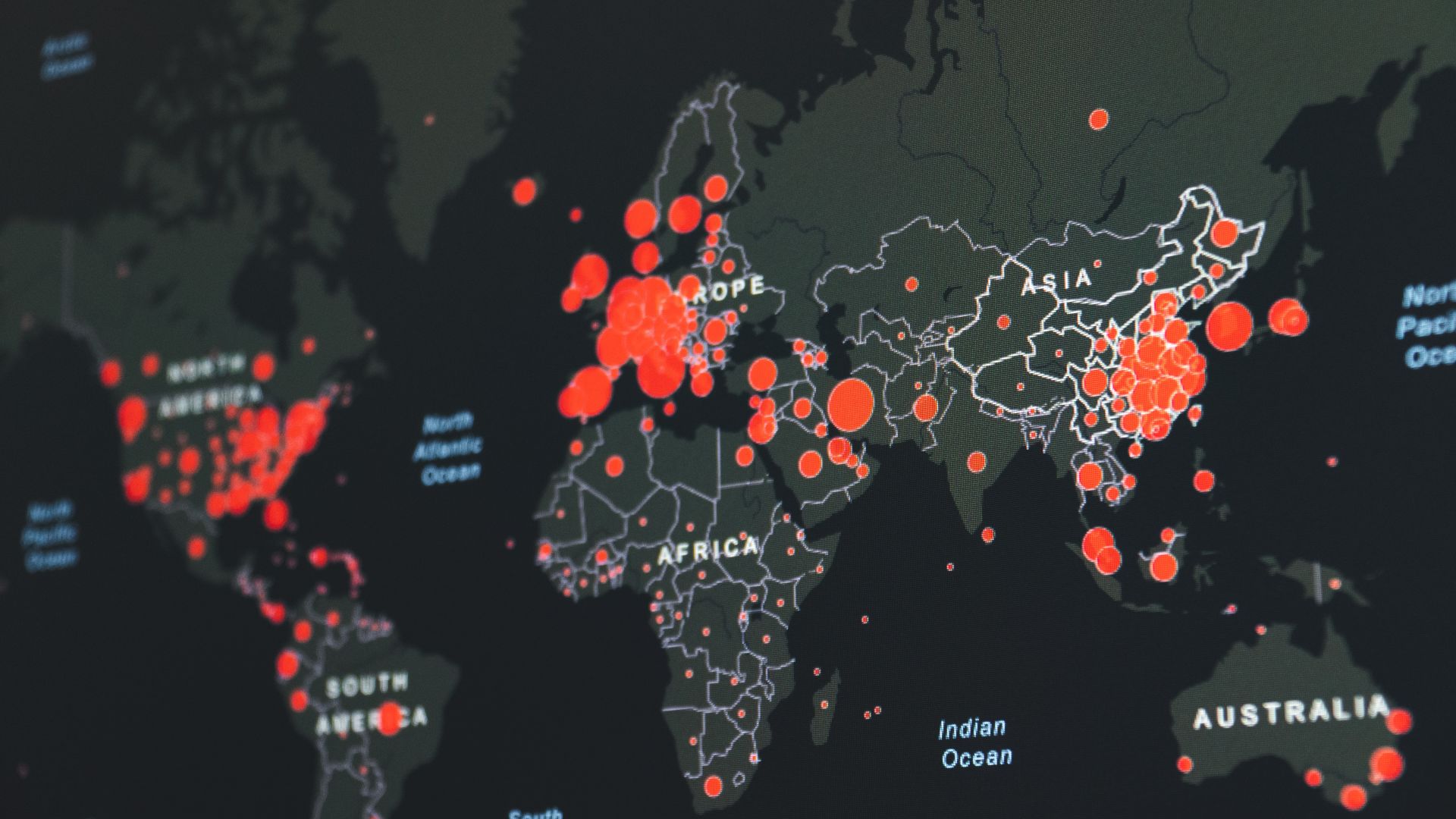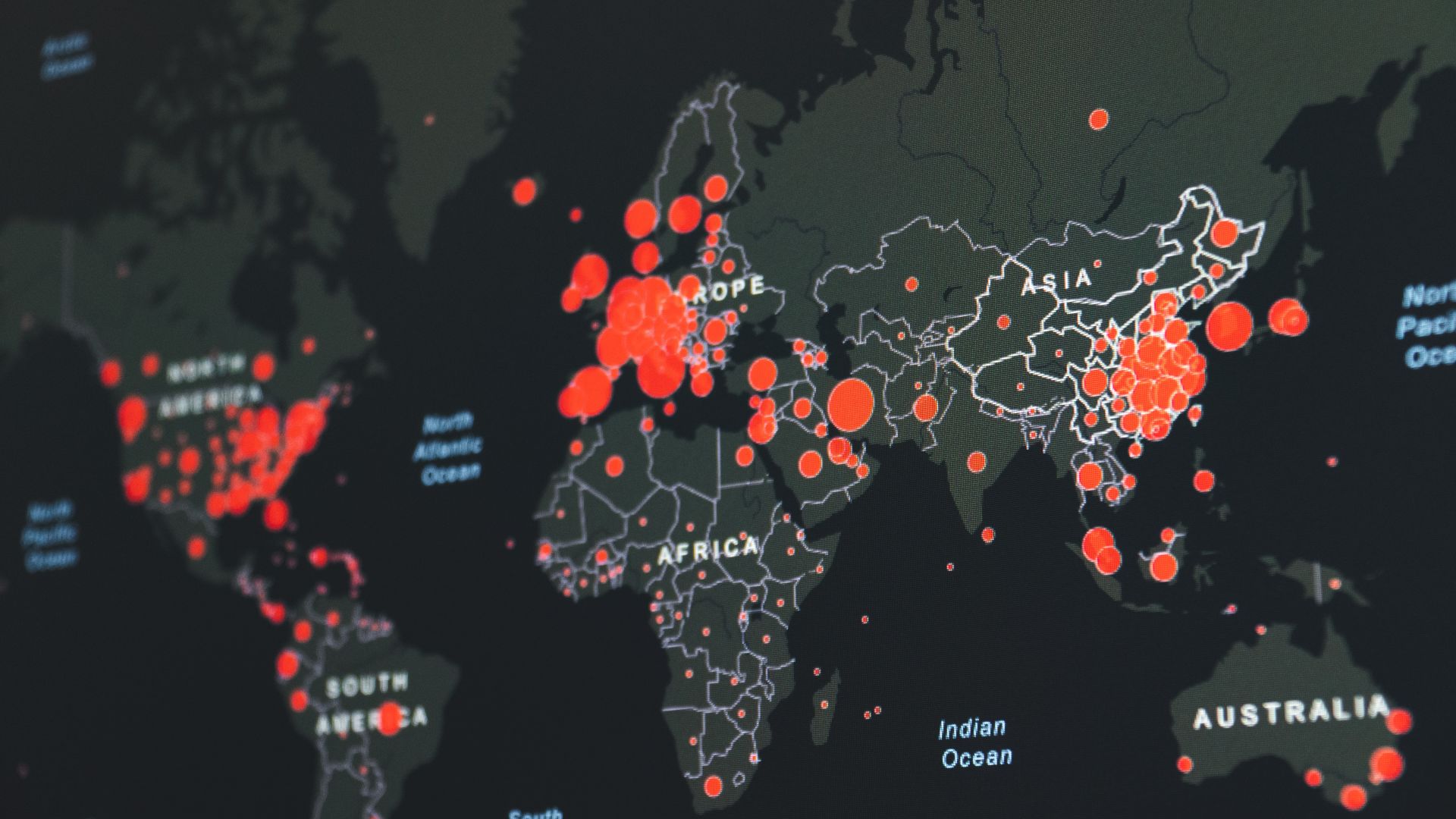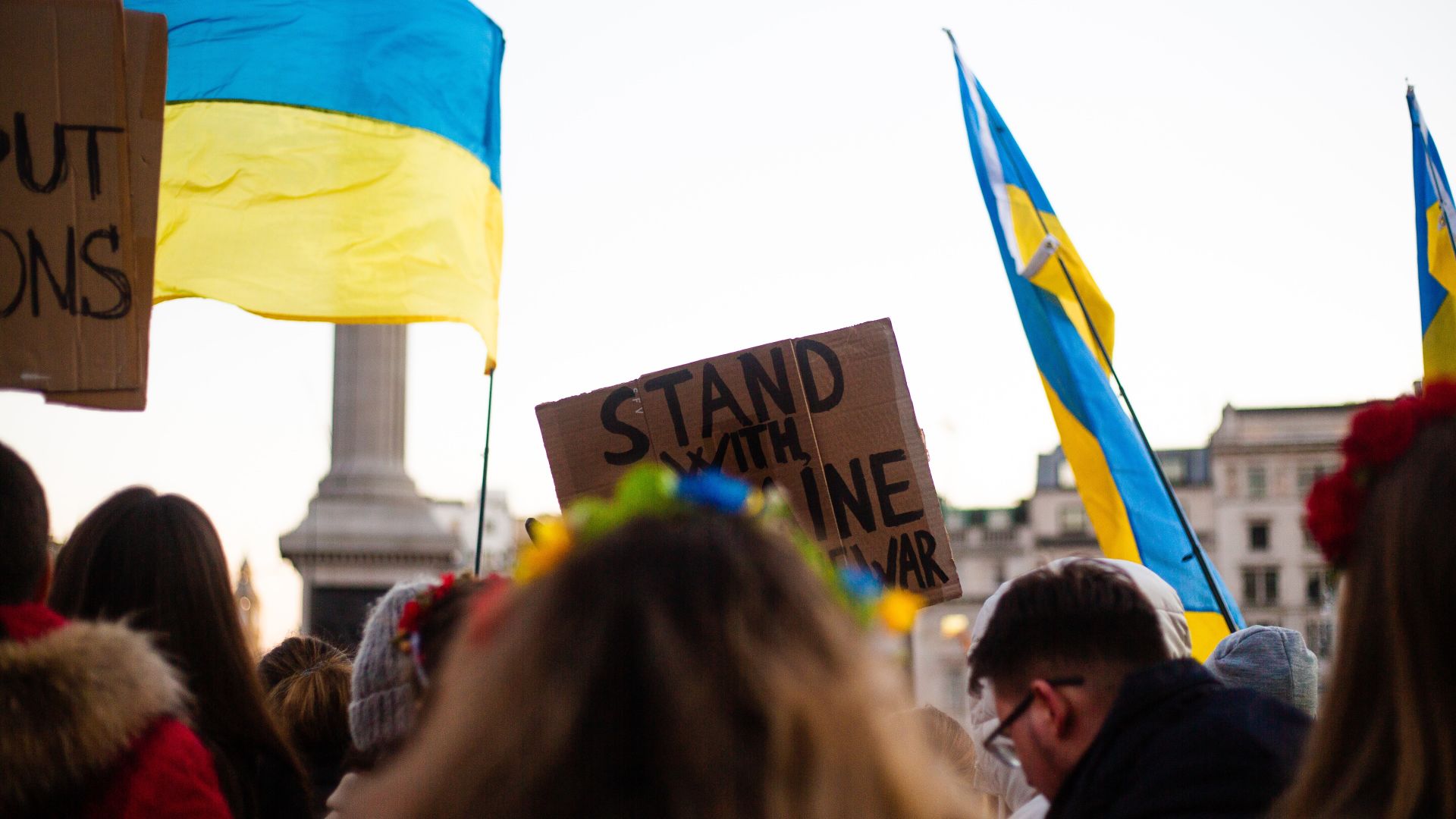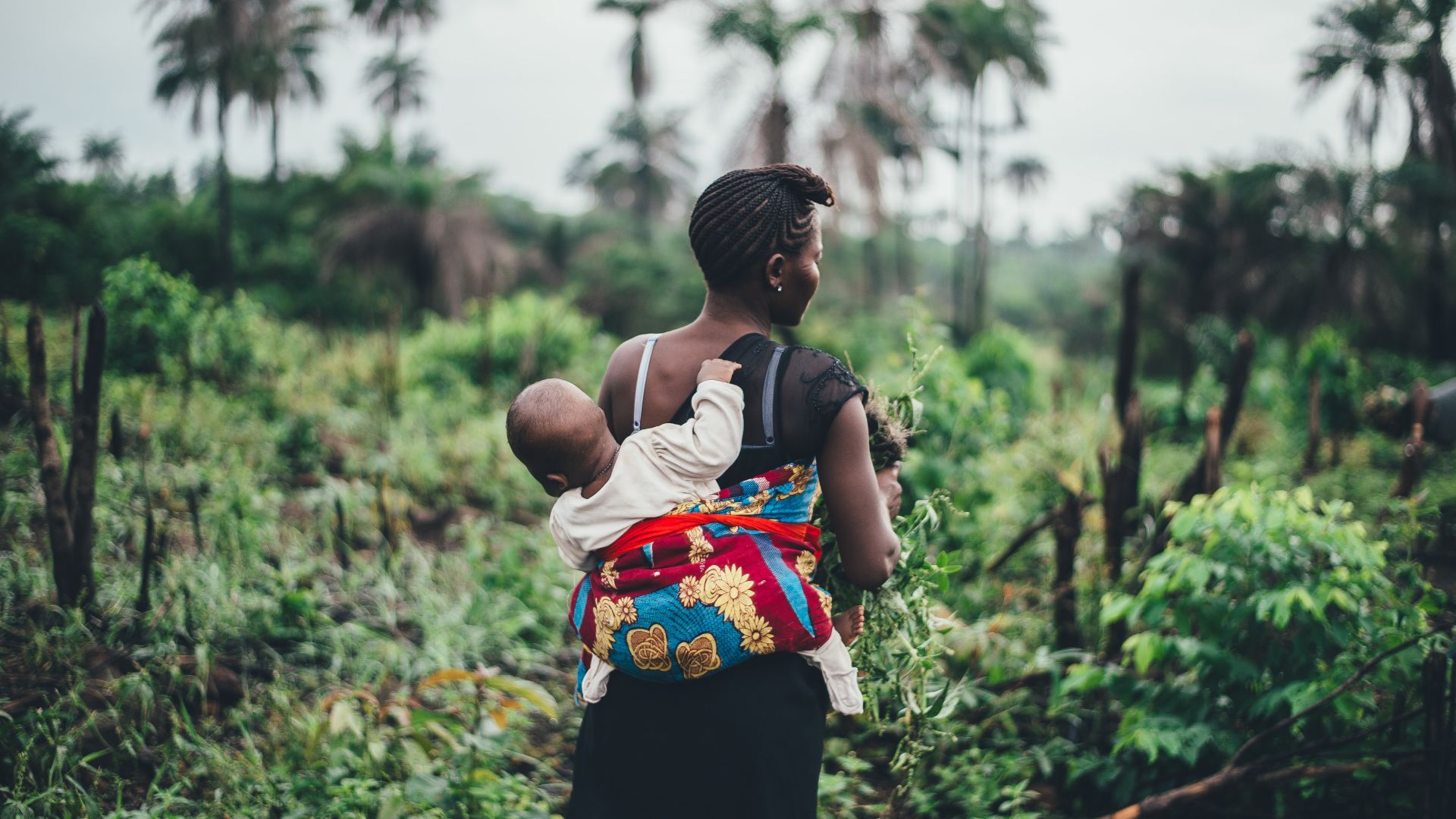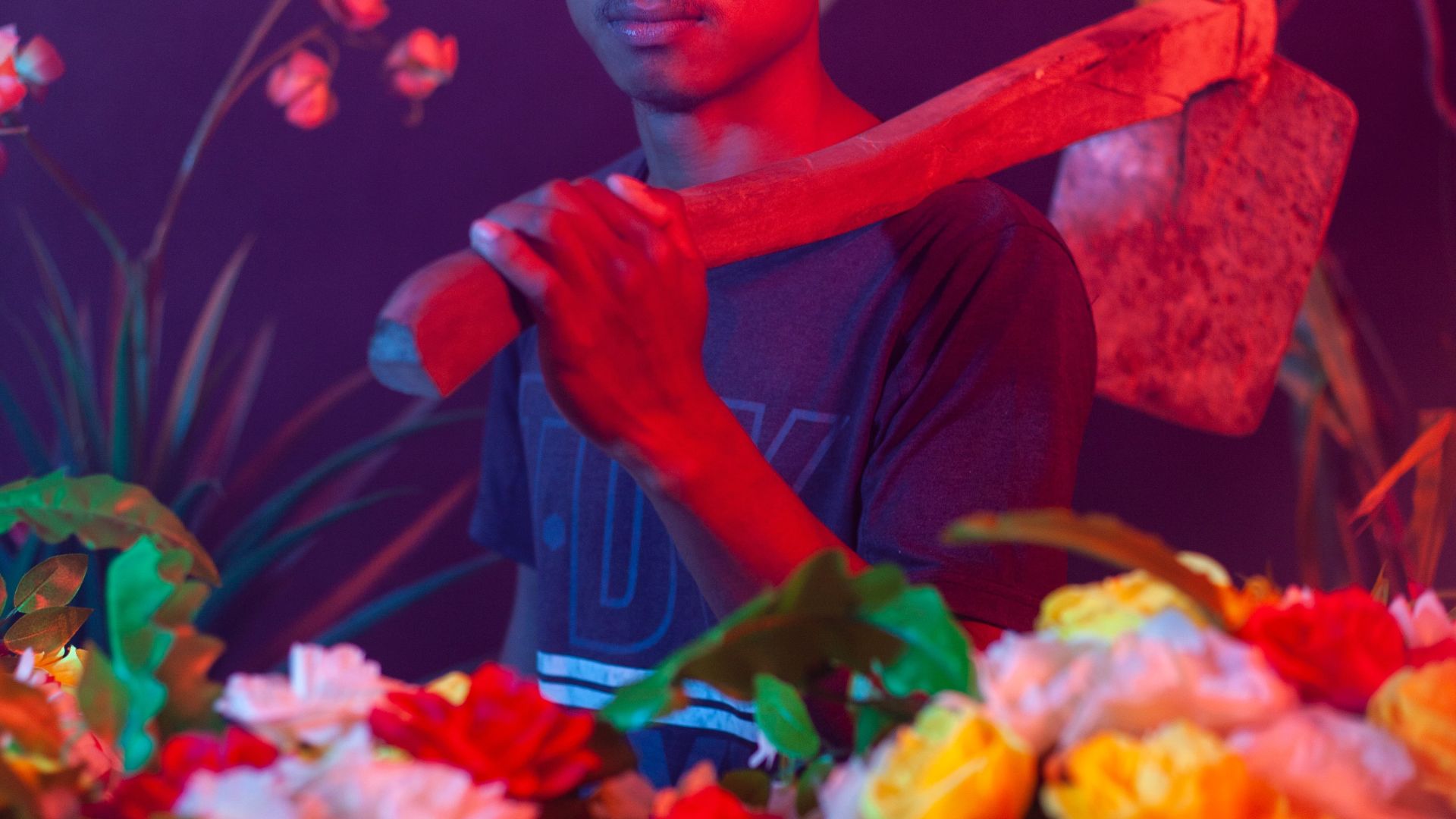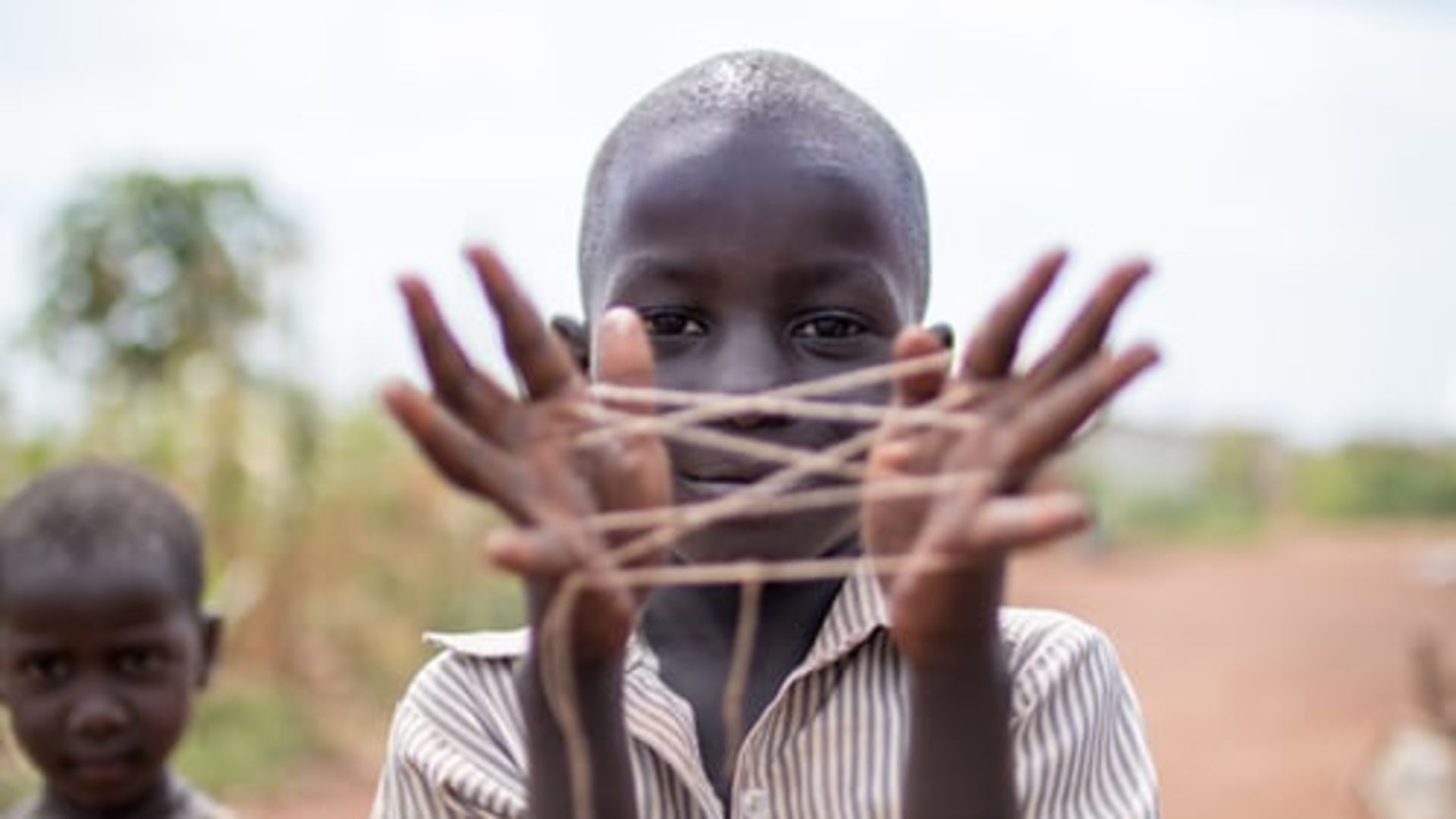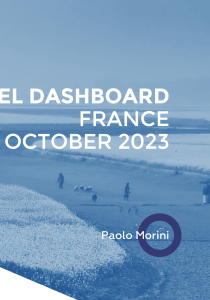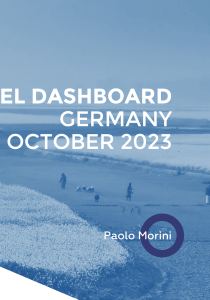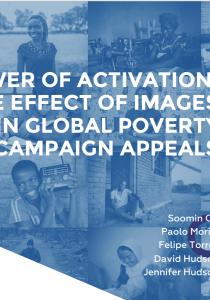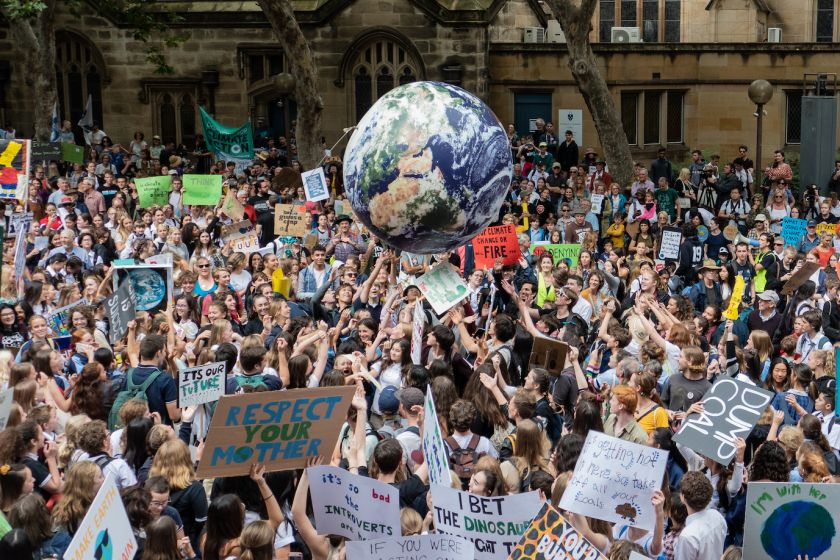
In Spring 2023, Kirsty McNeil, Executive Director of Policy, Advocacy and Campaigns at Save the Children UK gathered with the international development sector at a conference held by the Development Engagement Lab in London to talk about the public’s engagement with international development cooperation. Six months on, she reflects on some of the main conference themes.
Effective development saves and changes lives: it should be one of the easiest stories in the world to tell. The Development Engagement Lab conference was a chance to reflect on why, despite all the evidence around progress secured, it often feels so hard to get a hearing for the good aid can do.
The big question is whether and how we can tell a story in a way that centres our shared humanity and equal dignity.
One of the biggest mistakes communicators make is approaching every conversation as if we are the only people trying to have it. In fact, audiences have already been primed a million times by other communications and have their own perspectives and experiences to bring to bear. In the case of aid storytelling, the conversation is a noisy din with anything charities have to say already competing with what people have heard from the news, their colleagues and their neighbours. If we are able to get their attention at all, most people are engaging with our output already asking themselves three questions - 1) Does this stuff work? 2) Does aid go to those who really need it? 3) Does it get spent on the basics (food, water, medicine)? Showing aid works for the poorest, by providing life’s basics, can shift support. The big question is whether and how we can tell that story in a way that centres our shared humanity and equal dignity.
We heard inspiring examples of where communications have focussed on what we have in common. The Danish government offers a fantastic storytelling effort that has been running for decades called the children’s advent calendar. The calendar tells Danish children stories about the lives of children in other parts of the world. Products are sold in shops, resources are provided in schools and there is a national broadcaster partnership. Crucially these stories are actually interesting and focus on the things children find relatable in each other's lives.
We aren’t trying to change values - we are trying to align our cause with people’s existing values.
Others shared how using culturally relevant starting points for stories works well for engaging young adult audiences on various social platforms - through fashion or food for example, tapping into existing communities of interest. The Norwegian government had a huge upswing of SDG awareness using a similar approach: tapping into networks built around sport and hobbies. We also know that behaviour drives thinking (and not the other way around). So if we can get people to consume content about life overseas they become more likely to engage, which means they get served more internationalist content, creating a virtuous cycle.
These examples are a reminder that we aren’t trying to change values - we are trying to align our cause with people’s existing values. But what’s the way into those conversations? Well, this is a love story, so we talk about care, fairness, compassion, community, connection and helping each other, rather than lots of technical information about funding models. We know there is already a strong latent sense among the public that people have a right not to suffer and that folk everywhere deserve an equal chance. What if we frame our work as a chance to fight for what our neighbours already love about people and planet?
What gets in the way?
Unfortunately we can’t wish away the cost of living challenge. Save the Children’s research shows that nearly 40% of the British public end each month without any money. A sense of crunch is reaching high up the income scale.
And this isn’t just a challenge in strict material terms (i.e. it impacts on ability to give), it’s also one in terms of how people feel about giving even if they are able to. We heard about how people become less inclined to show solidarity at all, but especially to those overseas, when they feel they aren’t doing well compared to i) their past selves, ii) their neighbours, iii) others they don’t live near but whose lifestyles are visible to them. A lot of this sense of ‘thwarted entitlement’ lies behind and is stoked by so-called "culture wars".
One of the conference speakers explained how this effect is particularly pronounced when people are primed to think about how they and their family are doing just before they are asked to give (interestingly women are consistently more generous than men whether primed or not, but the effect still holds for women). As above, when we try to show the depth of need elsewhere we are competing with lots of ‘priming’ messages, not to mention the public’s experience that life is bloody hard - and harder than they thought it would or should be.
You can persuade a big audience that aid is desirable, but it’s harder to shift them to believing aid is effective.
That said, sometimes the messaging that comes from elsewhere works in our favour. We know from support for aid during the 0.7 parliamentary rebellion that coverage drove support (see here for the support for aid mapped on to the news peaks) - and that support rose equally among Conservative and Labour voters (albeit that the latter was higher to begin with).
The conference was also a chance to do some proper audience segmentation. Our engaged and potentially engageable audiences need different things. Supporters might respond well to being shown how life is much tougher in Somalia or Yemen, while potentially engageable audiences need a message that ‘charity does begin at home - but need not end there.’ Global South policymakers prioritise infrastructure investment, UK sceptical political audiences want to hear about defence and security, while some public audiences respond to the idea that relieving suffering is simply the right thing to do, if we can afford it and if it works.
Needs and views do evolve (sometimes)
Obviously, we are learning more about what people think about aid when they think about aid (which is rarely). We the Helpers proved you can persuade a big audience that aid is desirable, but it’s harder to shift them to believing aid is effective. The Good Side shared some insights on We The Helpers’ target audience, ‘Conscientious Cynics.’ This segment of the public is older, proudly British and financially secure. Whilst their belief in the potential for change has decreased, they long for a sense of cooperation and collective progress. The values that motivate them include unity, hope and humanity. This is undeniable common ground.
One way toward building a bigger constituency for development might be a return to Covid-era mantras that our experiences are universal but not uniform: People are hungry, in precarious employment or subject to gender-based violence everywhere, but these experiences are more intense depending on geography and characteristics. Much of what we heard about at this conference was cutting edge research, but perhaps the simplest way to be heard, amongst all the noise, is to focus on one of the oldest ideas of all: Each man's death diminishes me, For I am involved in mankind. Therefore, send not to know, For whom the bell tolls, It tolls for thee.




